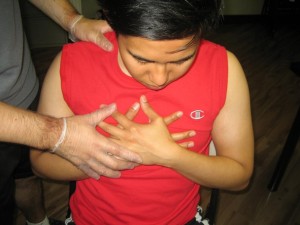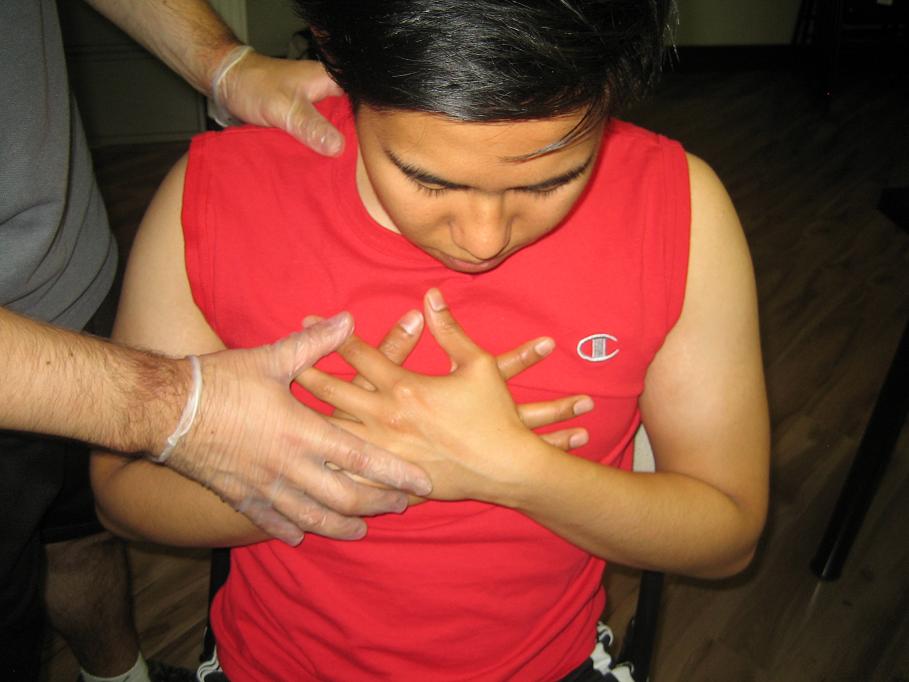A component that provides hot pepper its spicy character is capsaicin which is an extract. Based on studies conducted, it was discovered that capsaicin is highly beneficial to the health and can even fight prostate cancer. Once eaten rather than used as a supplement, hot pepper is capable of triggering various effects.
Mouth issues caused by hot pepper
Before capsaicin can enter the system, it should go through the mouth which can cause various issues. Due to its caustic effect on the mucous membranes, it can burn the taste buds. You can minimize the risk of burning the mouth by eating a banana.
Asthma
In high amounts, hot pepper is capable of triggering an asthma attack by triggering the spasm of the air passages. This can be potentially dangerous if the individual does not have an on hand inhaler or medication.
The individual should avoid eating hot pepper if he/she is susceptible to bronchial issues, but if he/she unintentionally ingested any food that contains hot peppers, antihistamines can be used.

Digestive issues
The heat from capsaicin can trigger reflux and heartburn once the pepper reaches the stomach and interacts with the acid. In some cases, the individual can experience nausea.
Capsaicin was previously known to cause the development of ulcers but based on studies conducted; it was revealed that even if it can aggravate the pain from ulcer, it could not cause their development. Since hot pepper passes through and out of the system, it can instigate intense, burning diarrhea. The more the individual eats, the more likely this is to occur.
Accidents
Not all issues with hot pepper occur after consumption. If hot pepper is used in cooking and some amount enters the eyes, it can be very painful and the eyes start to tear profusely.
The individual must avoid rubbing the eyes when working with any products that contain capsaicin. Using gloves can be useful since hot pepper can linger on the skin which is an uncomfortable stinging reaction.
Considerations to bear in mind
If the individual ate large amounts of hot pepper, it can lead to discomfort. The treatment usually involves eating something absorbent such as bread. The initial instinct is to gulp water but this will only spread the capsaicin all over the mouth and hasten its path to the stomach.
Once the individual has eaten hot pepper, the side effects could no longer be alleviated until it passes through the body. In case it gets in contact with the skin, it should be removed with vinegar or water. There are also numbing ointments such as those available over-the-counter for toothaches that can help relieve the discomfort in the mouth.

